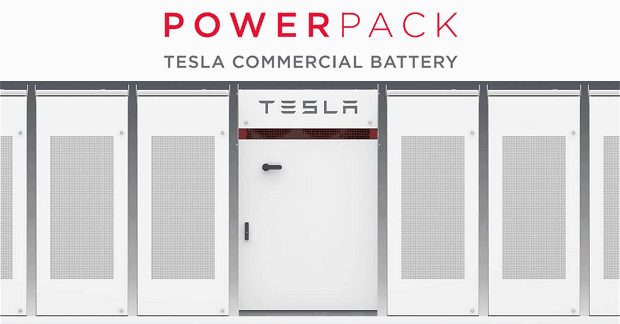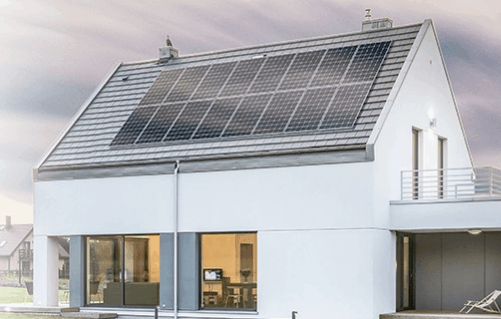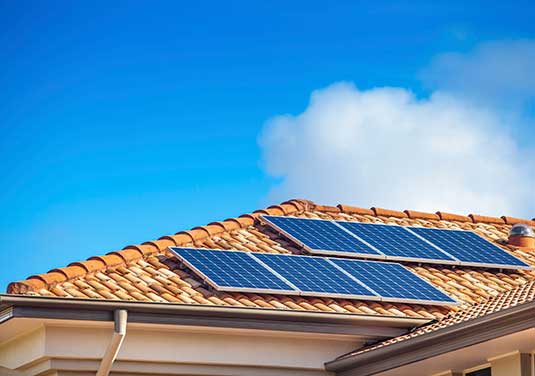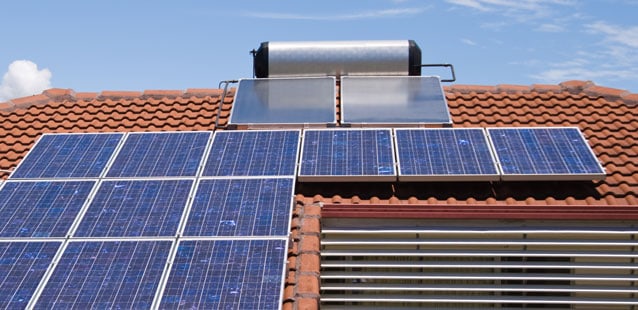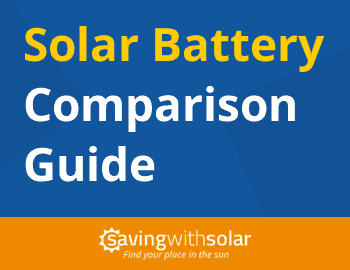True Value Solar, a German owned solar installation company in Australia, will shut down over the coming months as it struggles to compete in the local marketplace.
True Value Solar Shutdown
True Value Solar was once Australia’s biggest solar installation company, so this comes as a bit of a shame. With that said, their heavy discounting and price-focused product range led to its own issues as well. The company has 3.2 stars on ProductReview and has been sinking rapidly as the solar race to the bottom continues – as the old saying goes, good price, quality, and speed – you can pick two. Unfortunately this has now claimed another scalp and True Value have decided to exit the market.
The company had been owned by German company M+W Group since 2011, when they invested in a controlling stake. They bought out the entire True Value Solar company in 2013 and have since rebranded as Exyte.
Exyte, who turns over $4 billion per annum, have decided to exit the country and shut up shop. A map on its website with over 20 countries where Exyte operate no longer shows Australia .
True Value solar MD David McCallum hasn’t made any comment yet, nor has Exyte said anything official, but comments in One Step Off The Grid note that the status of the company (i.e. the upcoming closure) was ‘confirmed’ by RenewEconomy today. The current ~30 employees have already been informed of plans to shutter the company.
It’s understood that the winding down of True Value will be a gradual process so they are able to honour existing contracts and warranties as much as possible. No word yet on how it will affect their commercial solar arm.
If you want to remember the good old days, please have a look below which shows you a ‘typical True Value Home Installation’.

